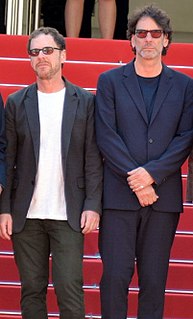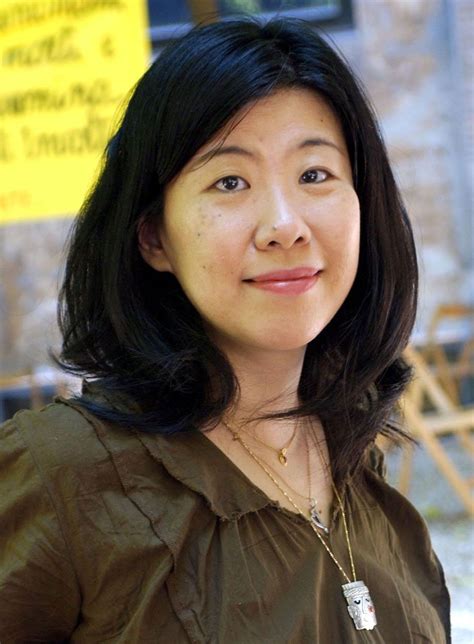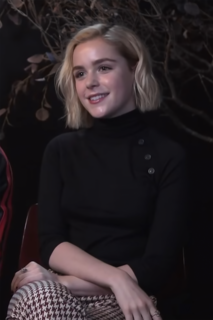A Quote by Ethan Coen
We don't outline, so we don't have prospective tasks to divide up. It's just, we start at the beginning and talk the first scene through, write it up, proceed to the next.
Related Quotes
Well, first you have to love writing. A lot of authors love having written. But I enjoy the actual writing. Beside that, I think the main reason I can be so prolific is the huge amount of planning I do before I start to write. I do a very complete, chapter-by-chapter outline of every book I write. When I sit down to write, I already know everything that's going to happen in the book. This means I've done all the important thinking, and I can relax and enjoy the writing. I could never write so many books if I didn't outline them first.
Complex tasks are often better handled in the back of our mind, and that's often true of creative tasks - when you have something complex to deal with in writing or research or responding to an email. I'll start working, put it aside, and sometimes I'll wake up the next morning with a solution, or I'll find one when I exercise.
I have a structured songwriting process. I start with the music and try to come up with musical ideas, then the melody, then the hook, and the lyrics come last. Some people start with the lyrics first because they know what they want to talk about and they just write a whole bunch of lyrical ideas, but for me the music tells me what to talk about.
Any story has a beginning, middle, and end, of course, but the question is, where do you start it exactly? It's about a guy who is murdered in a fistfight, but how does it evolve and what does it mean? That's what I discovered scene by scene, and this innovation of coming in as a first-person narrator was a complete surprise to me. It just happened.
I never cared about making one coherent masterpiece with a conventional narrative. I always wanted my movies to have images falling from all directions in a vaudevillian way. If you didn't like what was happening in one scene, you could just snooze through it until the next scene. That was the thing about vaudeville: You didn't have to worry about the beginning and ends of these things.
Because I come from the theater, I use the images of the theater and of movies a great deal when I write. I see the story in my head. I have to break down the outline of a story first. I have to know where I'm going. Usually I have a good beginning and a good ending, and then I think, "Now I have to find my way through it."
The first scene I ever appeared in, it was the first scene I ever shot [during my] first day on set. I walk up to my mom with a plastic bag over my head and she says that her clothes better not be on the floor, not that a plastic bag is not a safety hazard or anything. I think it's a really cute scene and also just a very vivid memory.





































